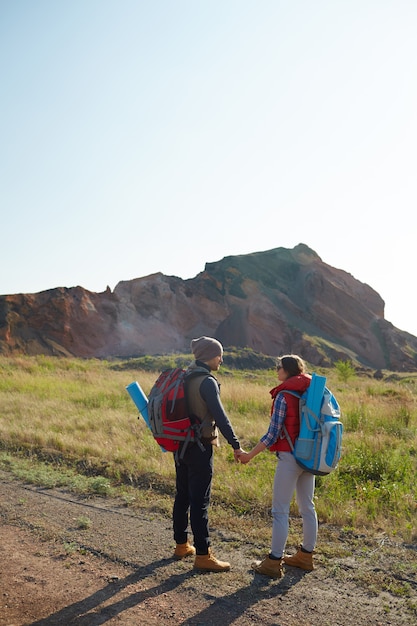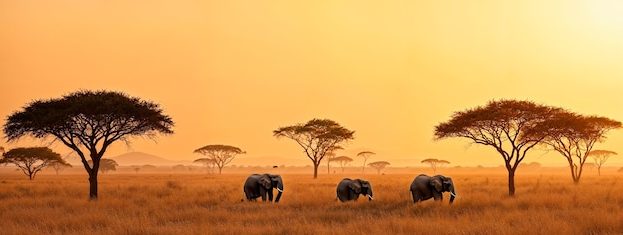
We left Cape Maclear early at 5:30 am, feeling like I was getting better. We hopped on a crowded pickup truck for a bumpy 1.5-hour ride to Monkey Bay. From there, we took a big bus to Salima. The bus ride took about four hours. I had a decent seat, but Dariece sat up front, where a woman ended up sitting on her lap! People even used her lap to pass their kids and luggage to those in the back of the bus. It wasn’t the most comfortable ride for her.
When we arrived in Salima, we had to wait for an hour, politely declining offers from vendors selling all sorts of things. When the next bus finally came, we scrambled to the front of the mob, but still ended up with no seats. We had to stand for about three of the six-hour journey, packed tightly among other passengers. By the time we got seats, our legs were aching, and our arms felt like they were asleep from holding on to the overhead rails.
Once we could relax a bit, we chatted with a local journalist named Benson. He invited us to dinner with him and his girlfriend. Later, we met at an Indian restaurant in Mzuzu and had a great dinner, talking about our different lives. When the bill came, Benson insisted on paying, which left a lasting impression on us. It was a generous act that contrasted with our previous experiences in Malawi, where we sometimes felt like potential clients rather than guests.
The next morning, Benson saw us off, and we exchanged contact information. We tried to change money at the banks but ended up having to rely on the border exchange due to the chaotic foreign exchange situation in Malawi. We took a mini-bus towards the border, but it broke down just 20 km from our destination. We managed to catch a ride into town with a relative of one of the passengers, though his car ran out of gas just 500 meters from the bus station.
At the border, we faced another challenge. We tried to change money with a black market dealer and got scammed, losing about $40 in the process. It was frustrating, especially since we considered ourselves seasoned travelers. By the time we crossed into Tanzania, it was dark, and we felt a bit panicked as we searched for a ride to the nearest town. Thankfully, a local man who had seen our ordeal helped us get to Kyela, where we checked into a surprisingly clean hotel room but ended up with a disappointing meal.
The next day, we traveled to Mbeya to recover from the hectic previous day. We couldn’t find good food again and went to bed after eating rice and chocolate bars. The following day, we took a 12-hour bus ride to Dar Es Salaam, pleasantly surprised by the comfortable seats and air conditioning. We finally found a decent meal after three difficult days.
In Dar Es Salaam, we spent three busy days running typical “backpacker errands,” such as organizing a safari, booking rooms and buses, sending emails, and dealing with a travel insurance claim. We also visited the local fish market, which was impressive due to the sheer size of the fish and the lively auctions.
Overall, our first impressions of Tanzania were mixed. We dealt with getting ripped off at the border, struggling to find good food, and staying in dusty towns. However, Dar Es Salaam was a big improvement, and we soon discovered that Tanzania had a lot to offer travelers, with great sights and plenty of activities.
